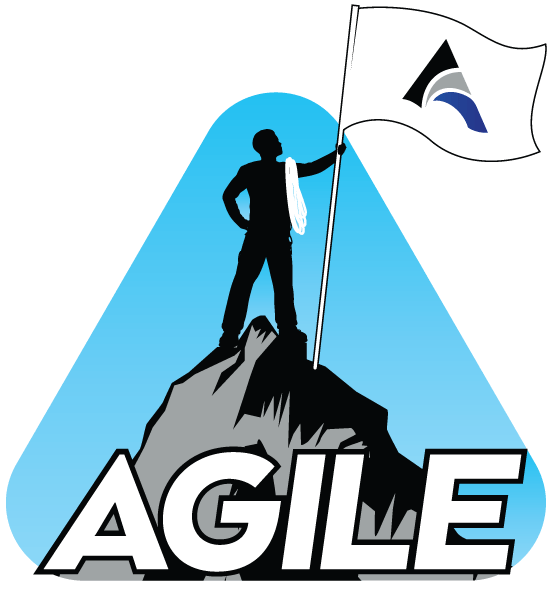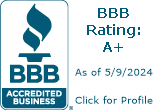Texas Sales Tax Exemptions
What is Exempt From Sales Tax In Texas?
The state of Texas levies a 6.25% state sales tax on the retail sale, lease or rental of most goods and some services. Local jurisdictions impose additional sales taxes up to 2%. The range of total sales tax rates within the state of Texas is between 6.25% and 8.25%.
Use tax is also collected on the consumption, use or storage of goods in Texas if sales tax was not paid on the purchase of the goods. The use tax rate is the same as the sales tax rate. Returns are to be filed on or before the 20th day of the month following the month in which the purchases were made. For example, purchases made in the month of January should be reported to the state of Texas on or before the 20th day of February.
Need more information?
Texas Sales Tax Exemptions for Healthcare
Texas divides hospitals and healthcare facilities in to two categories for purposes of sales and use tax exemptions – nonprofit and for profit entities. The rules are straightforward for nonprofit hospitals and healthcare facilities because all items sold or leased to, or stored, used or consumed by organizations created for religious, educational or charitable purposes are exempt from Texas sales and use tax. For profit hospitals and healthcare facilities have more complex rules, but there are a number of categories of purchases which qualify for Texas sales tax exemptions. Some prominent exemptions include: hospital beds and replacement parts, intravenous or IV systems and their components, hypodermic needles and syringes, medical kits if the cost of the exempt items included in the kit are greater than the cost of the taxable items, medical oxygen and other drugs, prosthetic devices, labor charges and maintenance agreements for radiation emitting equipment such as x-rays, and orthopedic appliances and devices (for more information about what qualifies for the orthopedic Texas sales tax exemption please see our Research Bulletin written by our sales tax consultants about Texas Orthopedic Devices and Appliances Tax Exemption (aka Zimmer Ruling))
Texas Sales Tax Exemptions for Manufacturing
Texas offers broad sales and use tax exemptions for manufacturers. Machinery and equipment used in the production process qualify for sales tax exemptions within Texas. Repair parts and labor to qualifying machinery and equipment are also exempt. Consumables including lubricants and chemicals consumed during the manufacturing process are exempt if their use is necessary and essential to prevent the failure, decline or deterioration of exempt manufacturing equipment. Safety apparel or clothing used by employees during the manufacturing or processing of tangible personal property is exempt provided that the apparel or clothing is not sold to the employees and the manufacturing process would not be possible without the use of such apparel or clothing. Utilities consumed during production also qualify for an exemption, however a valid utility study conducted by an engineer must document the percentage of utilities consumed for exempt purposes on any meter with mixed taxable and non-taxable use. Agile Consulting Group’s sales tax consultants have a wealth of experience within the state of Texas and can ensure taxpayers are maximizing the benefit of Texas sales tax exemptions for which they qualify.
For more information on Texas sales tax exemptions please visit the sites below.
Texas Sales & Use Tax Information
Sales Tax Compliance FAQs
Sales tax compliance can be intimidating, but it doesn't have to be!
Find the sales tax exemptions for your state
Select any state in the map below to view all relevant sales and use tax information available for that state.




